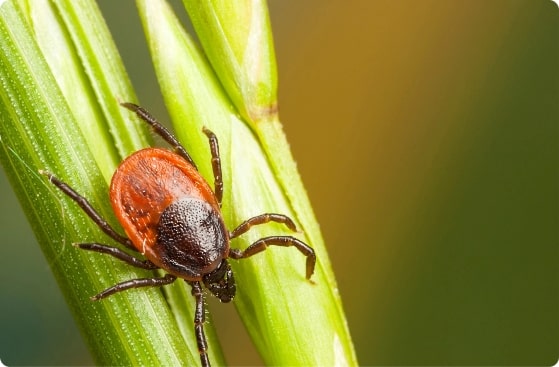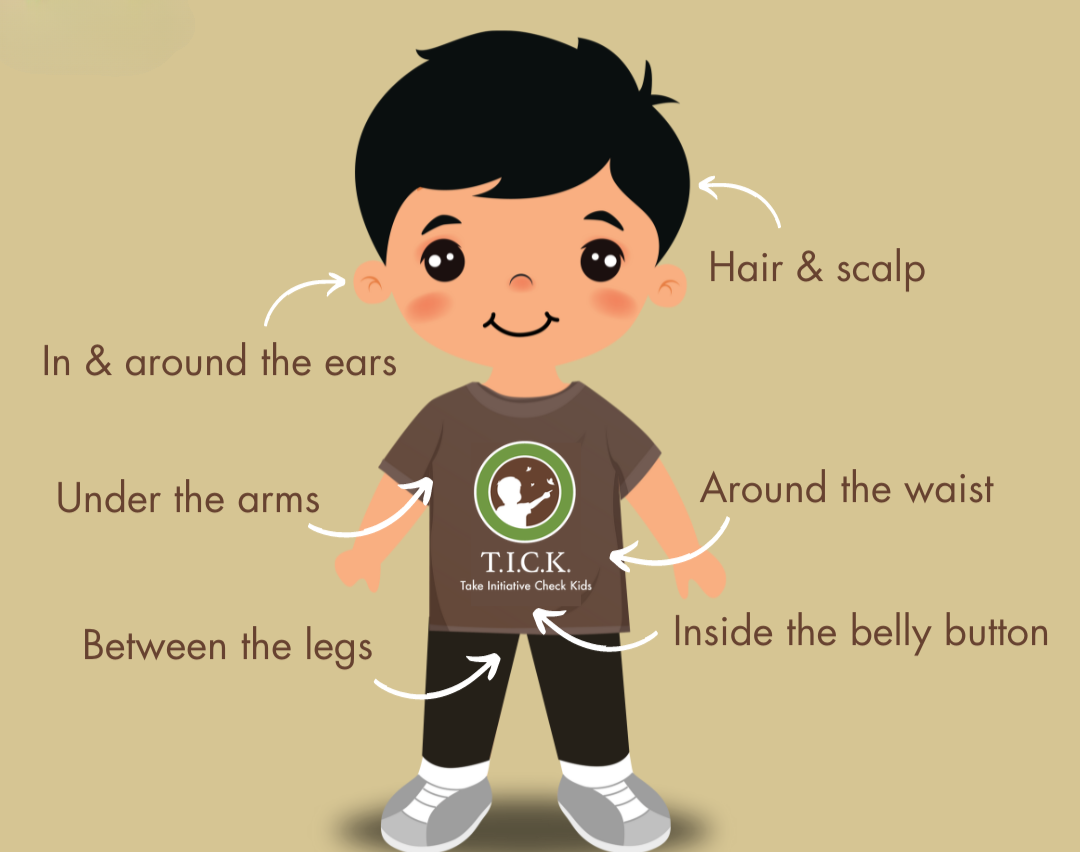


Regular tick control treatments go a long way toward keeping ticks off your property whether you live in Wayland, Weston, Sudbury, Lincoln, Dover, or another Metro West community.
But ticks are remarkably resilient. They tolerate extreme temperatures, survive long periods without food, and can live for years. That doesn’t mean we want them lingering in your backyard.
Fortunately, regular tick checks, a few smart property updates, and consistent natural tick control treatments help keep your family and pets protected across Metro West.
We’ll handle your regular tick yard treatment, but effective prevention is a team effort. These simple actions, combined with professional spraying, create a stronger defense for your Metro West property:
Ticks LOVE to hide out in tall grass, so don’t give them the option.
See above! Another favorite hiding place for ticks.
We love it, too, but unfortunately, so do ticks.
Shaded wood can get soggy and invite ticks.
Wood chips or small rocks create a barrier against ticks.
Lavender, lemon balm and rosemary smell great to us, but ticks hate them.
Ticks are active in Metro West until the ground freezes solid. We recommend making daily tick checks a habit, especially during spring and fall:
Quick detection can prevent tick bites and reduce the risk of tick-borne illnesses.

Ticks are tiny and can be hard to spot: Adult ticks are about the size of an apple seed, while nymphs are about the size of a poppy seed. So break out those reading glasses! If a tick hasn’t attached itself, a lint roller will get it off. If it has, you’re going to need a pair of fine-point tweezers to do the job. (Disinfect them with rubbing alcohol before use.)
Tip for pets: You can follow the same steps above for pets, but it can be a little trickier, since ticks can be hard to see in their fur. And since your pet is more likely to squirm and wiggle (or maybe not!), we recommend wearing rubber gloves. Not a bad idea with the kids, too.
Regular pet care is an essential part of a full natural tick control strategy — helping keep your whole household safe in Weston, Lincoln, Dover, and beyond.
